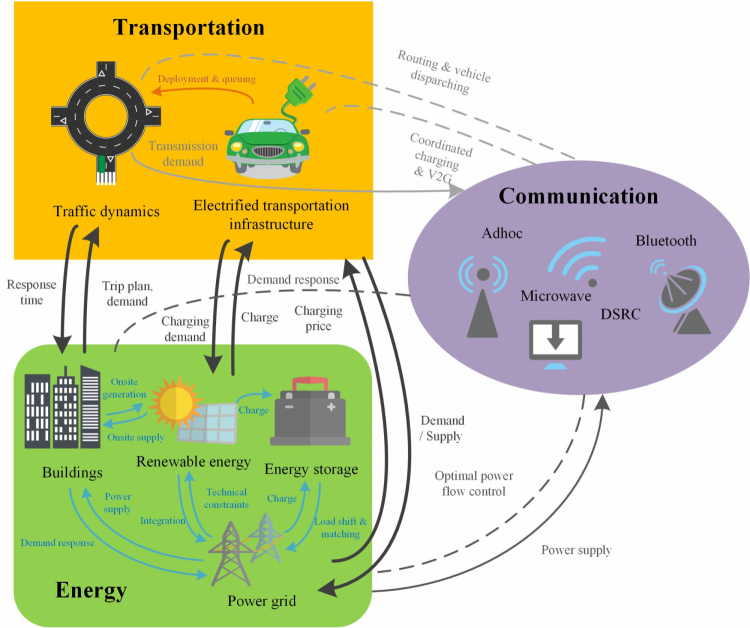 In partnership with CU Boulder’s Research & Innovation Office (RIO) and the city of Boulder, CEDaR organized seven proposals from the university’s research teams to compete in the 2019 National Science Foundation/MetroLab Civic Innovation Challenge (CIVIC). The challenge, funded by the NSF, the Department of Energy and the Department of Homeland Security, supports partnerships between communities and universities that address mobility and resilience priorities.
In partnership with CU Boulder’s Research & Innovation Office (RIO) and the city of Boulder, CEDaR organized seven proposals from the university’s research teams to compete in the 2019 National Science Foundation/MetroLab Civic Innovation Challenge (CIVIC). The challenge, funded by the NSF, the Department of Energy and the Department of Homeland Security, supports partnerships between communities and universities that address mobility and resilience priorities.
Proposals included:
- Advancing Spatial Analysis Tools to Reduce Urban Violence led by ENVD assistant professors Shawhin Roudbari and Jota Samper, in collaboration with the city of Boulder. The Spatial Justice Design Lab (SJDL) uses architecture and urban planning methods to deconstruct spatial injustices against racial minorities.
- Planning Smart, Sustainable and Connected Communities, led by Wangda Zuo, College of Engineering & Applied Science assistant professor, in collaboration with Boulder Housing Partners’ evaluation of alternative methods to transform villages, towns and cities into smart, connected and sustainable communities in the coming decade.
- Use of Convolutional Networks to Classify Impervious Cover, led by Brian Johnson, former analytics hub director, Earth Lab.
- Short Distance Urban Transport in U.S. cities, led by researchers Alana Wilson, PhD geography, and Heidi VanGenderen, chief sustainabily officer for CU Boulder, uses bikes, e-bikes, scooters, e-scooters, recumbent bikes, skateboards, hoverboards and other alternative transportation to navigate cities.
Wilson's project was selected for participation in a May 2019 scoping workshop at NSF's headquarters in Alexandria, Virginia to help further develop the future of the CIVIC program. As part of the selection, Wilson and other academic attendees were funded to attend with a practitioner partner, in her case Natalie Stiffler, senior transportation planner with the city of Boulder, now director of operations for Boulder's Via Mobility Services.
"There was a keen interest at the workshop from a variety of sizes and types of communities towards projects that increase affordable access to mobility services, specifically for those with mobility limitations, including challenges accessing employment," Wilson said.
Via Mobility, the city of Boulder and Wilson also submitted a similar concept (on-demand paratransit shuttle service) for a Federal Transit Administration (FTA) grant that was awarded.
"We have not discussed a timeline or feasibility for that, given the current circumstances (of COVID-19), however it may be a good candidate to build on through the 2020 Civic Innovation Challenge (CIVIC) program," Wilson said. "The Boulder Chamber also has keen interest in partnering on workforce mobility pilot projects, which could perhaps be linked to the FTA project with support from CIVIC Track A.”
The 2020 CIVIC Funding Opportunity Announcement (FOA) is now available with a deadline of July 1, 2020. It has two proposal themes:
- Track A. Communities and Mobility: Offering Better Mobility Options to Solve the Spatial Mismatch Between Housing Affordability and Jobs
- Track B. Resilience to Natural Disasters: Equipping Communities for Greater Preparedness and Resilience to Natural Disasters.
